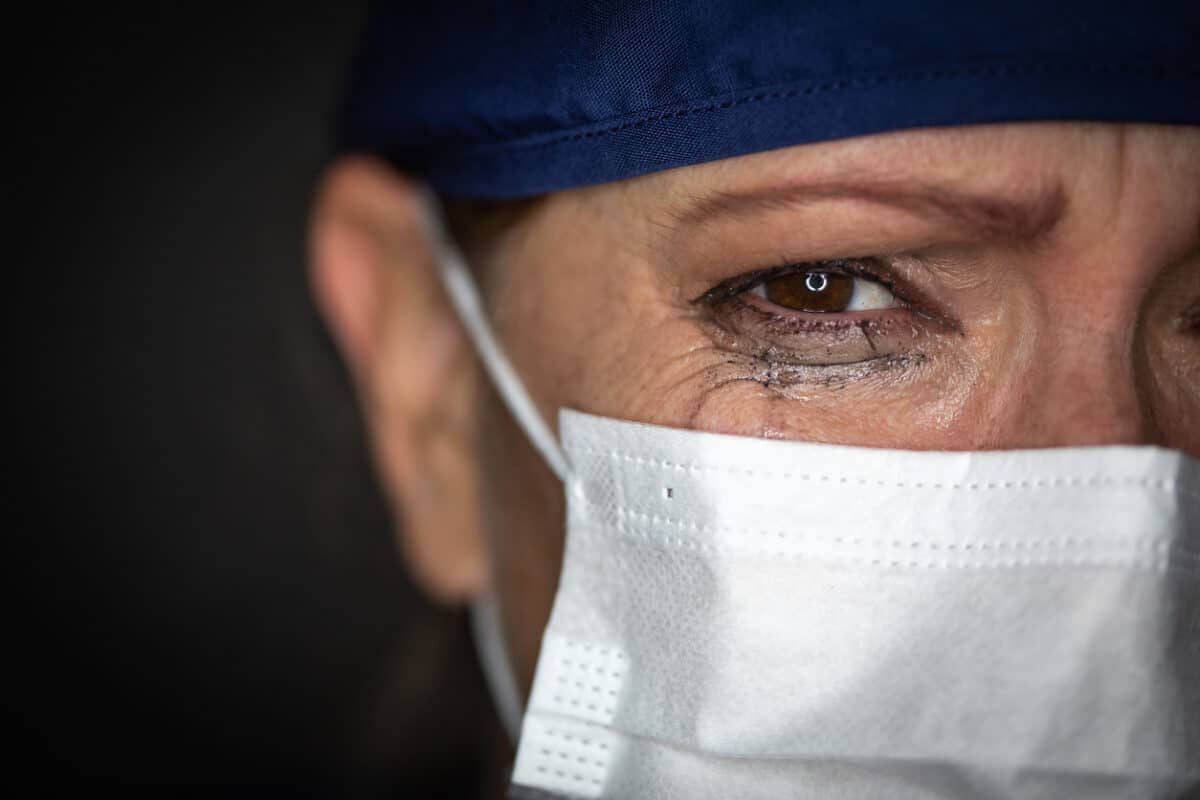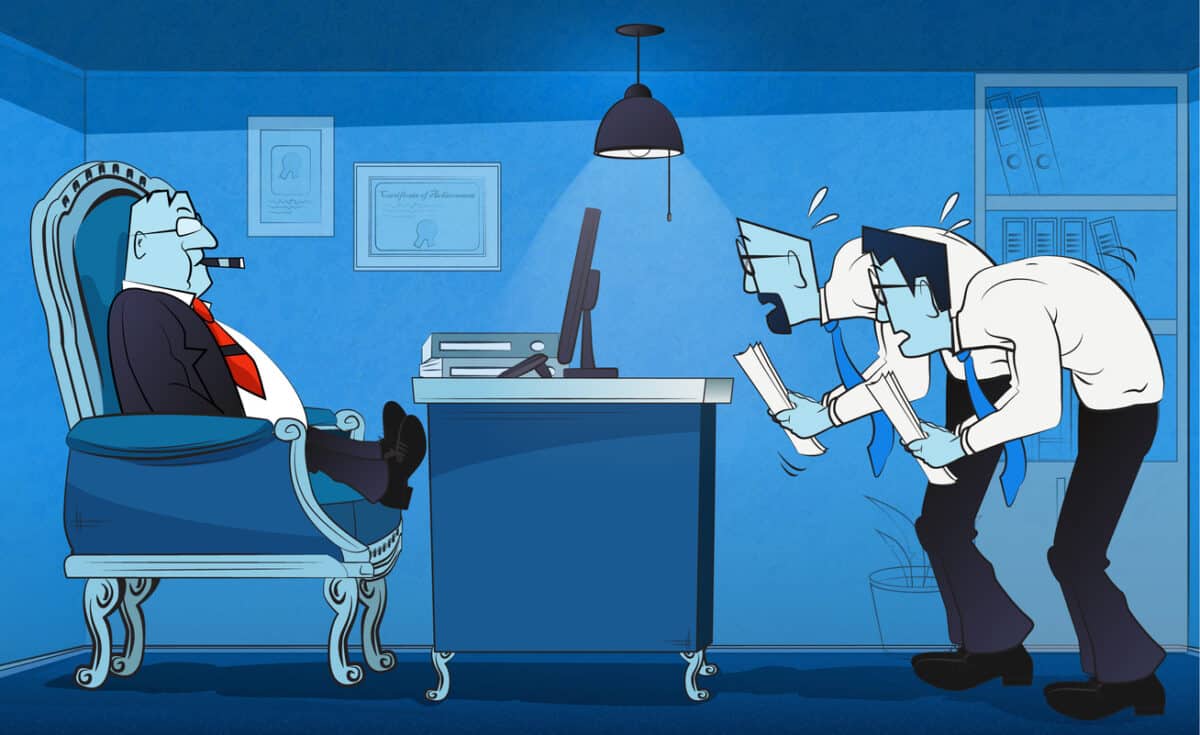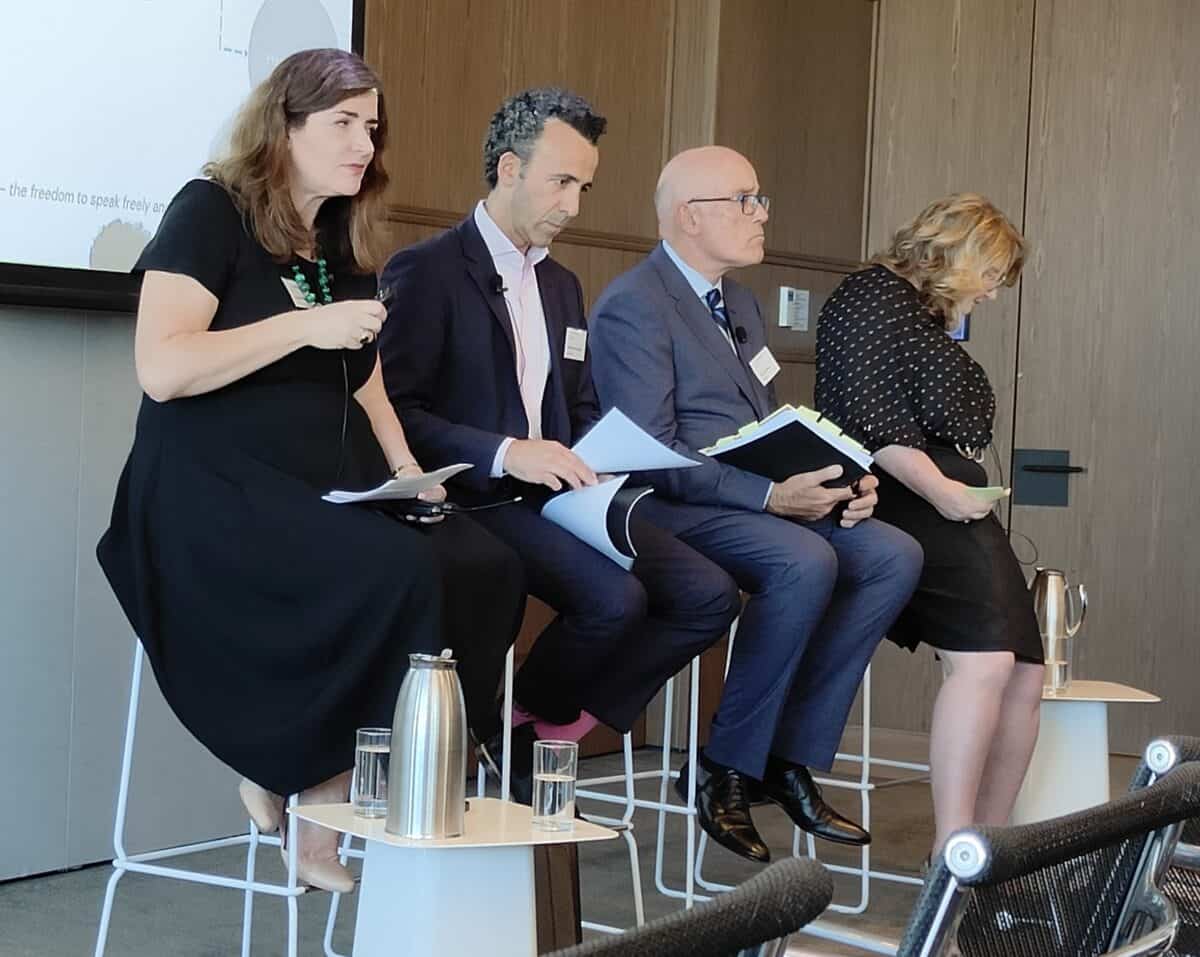On December 29 2023, The Guardian newspaper’s cover story was about doctors in the United Kingdom’s National Health Service experiencing high rates of “moral distress”. It is common for hospitals and health care services to consider themselves as workplaces with unique hazards rather than suffering similar occupational health and safety (OHS) challenges to all other workplaces. What makes the OHS challenge so significant in the NHS is the size of the challenge rather than its nature or cause.
Category: government
Caesarstone has a point in its identification of the root cause for silicosis deaths
Engineered stone manufacturers are, understandably, not happy with Australia’s proposed ban on their silicosis-generating products. Some home builders have also expressed dissatisfaction. They are often ignoring the reason for the ban – the unnecessary deaths of workers – although at least one argument has merit.
In an article by the Australian Broadcasting Corporation, Caesarstone, the major supplier of engineered stone to Australia, identified what it sees as the real causes of silicosis risks:
Australia is the first nation to ban engineered stone due to worker health concerns
The heads of Australian work health and safety authorities have decided to ban engineered stone from the middle of 2024. Some will seed this as a win for the trade union movement ( the unions certainly will), but many occupational health and safety and industrial hygiene professionals have been leading the way in obtaining the research evidence that made this decision such an easy one to make.
“made through the blood of the workers who never came home”
Last week, the Australian Parliament passed a tranche of industrial relations laws; laws that were, unsurprisingly, objected to by some business groups but included some occupational health and safety (OHS) contexts. Industrial Manslaughter was the obvious one, but pay equity and increased job certainty, if not security, for some industry sectors, has the potential to reduce job stress.
OHS seems to be no more than a “nice-to-have” to Australian politicians
Several events or non-events at the recent 23rd World Congress on Safety and Health at Work illustrated the political attitude to occupational health and safety in Australia, especially the lack of presence of national figures on official duties.
Psychosocial laws may encourage political risks
In December, Australian law firm Maddocks launched its 2023 Year in Review. Two items were directly relevant to occupational health and safety (OHS) – Sexual Harassment and Psychosocial Safety – both addressed by Catherine Dunlop. The size of the challenge ahead on both these topics was shown by the Australian Financial Review on December 7, 2023:
“Fewer than half of directors are confident their companies will be able to adhere to new workplace sexual harassment standards when they come into force next week, with just one in five female directors saying their boards understand the requirements of the new regime.”
Outside of the Maddocks launch, there is also some speculation that Victoria’s proposed psychosocial regulations may never happen.
Interview with ILO’s Manal Azzi
Last week, I was able to interview several speakers, sponsors and delegates at the 23rd World Congress on Safety and Health at Work, sometimes on behalf of the Congress and at other times privately. Some of these interviews were edited from forty-five minutes of content to ten. The interview with the Team Lead on Occupational Safety and Health at the International Labour Organization, Manal Azzi, available online, was once such. This SafetyAtWorkBlog article is the full, slightly edited, transcript of that interview.






